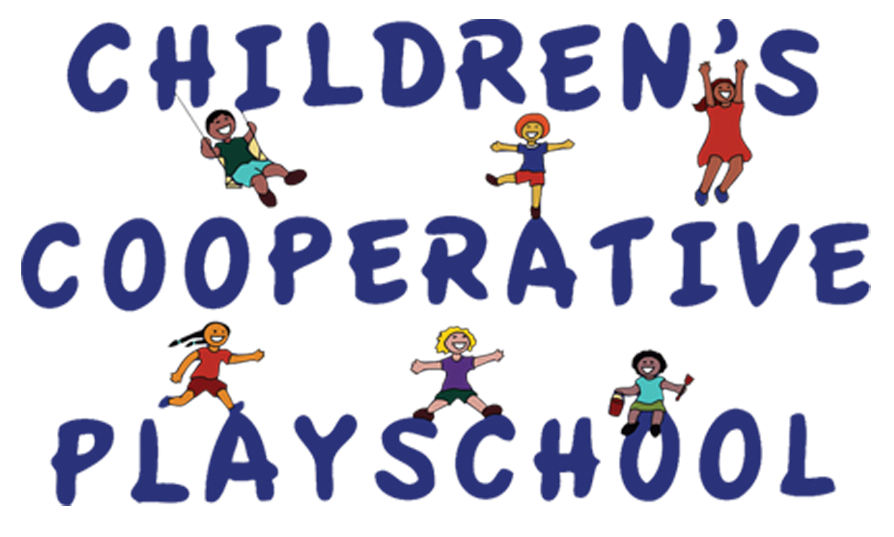Play-based Curriculum:
Social emotional learning through play
Play offers children the opportunity to investigate, problem solve, create imaginative scenarios, take on roles, cooperate with peers, think independently and pose questions to learn more. It also lends them the opportunity to have fun and feel relaxed and in control of themselves. An environment that helps children feel safe will lend to more explorations and honest learning. We strive to make our school environment feel like home, so that children can feel as though it is their school. This allows them not only to explore, play, and learn freely, but also to begin learning a sense of responsibility for the space they are using.
Social Emotional Learning in Ones and Twos Classrooms
In the youngest classrooms, teachers support children as they learn to be part of a group, gain independence, and begin to trust new adults. The teachers focus on social interaction and adjusting to new routines. They model language that children can begin to adopt as their friendships grow.
You will see children:
Allow themselves to be comforted and distracted when parents leave
Walk with the group during transitions
Wait for a turn with a toy
Share playthings with other children and keep their hands on their own bodies
Use art materials
Carry their lunchbox and open and close their containers
Express their wants and needs to their teacher and friends
Learn to take toys out a bin rather than dump the bin
Help friends clean up toys
Follow simple group instructions
Practice independence in self-care: wash hands, pull pants up and down, etc.
Learn to stop one activity and transition to another when it is time
Learn to love school
Social Emotional Learning in Threes and Fours Classrooms
For threes and fours the attention begins to shift from individual play to interactive play with peers. Teachers help children navigate new social situations and the big feelings that can arise. Teachers both model positive language and help children practice using words that promote kind play and navigate the inevitable conflicts that come with being part of a group. Independence grows as children are ready to practice new skills.
You will see children:
Begin to self-soothe and calm themselves when separating from parents
Walk in line during transitions and stand in line when waiting for the bathroom
Take part in the playground and classroom cleanup
Learn to take care of the toys and art materials at school
Follow more complicated directions
Initiate play with other children
Use kind words
Ask a friend before they give them a hug or touch their body
Gain independence in self-care: put on their coat, wash hands, use the potty (or let a
teacher know if they need a diaper change), begin to learn how to wipe their nose, etc.
Use words to communicate their needs and feelings to friends
Carry their lunchbox, open and close containers, clean up their trash
Transition easily from one activity to another
Develop strong and joyful relationships with their friends
Social Emotional Learning in Fours and Fives classrooms
In the oldest classrooms the children begin to enjoy collaborative play. They develop strong and meaningful relationships with their friends and begin to learn to navigate playing with multiple friends at once. Social interactions become more complicated and teachers support children as they practice using inclusive language and setting respectful boundaries with peers. Children begin to understand and value their place in their community and are eager to contribute their ideas and actions in and out of the classroom.
You will see children:
Separate more easily from parents at dropoff
Initiate play with peers and often work together on ongoing games and projects
Have a daily job in the classroom
Attempt to resolve conflict with one another before involving teachers
Learn to voice ideas and opinions kindly and listen to friends’ ideas and opinions
Begin to recognize that there are differences in beliefs and ideas even within a community
Use the bathroom independently
Perform self-care independently: wipe nose and throw away tissue, put on coat, put
snacks, water bottle, and lunchbox where they belong at dropoff
Begin to show an awareness of the feelings of others and develop a concept of “fairness”
Exhibit an interest in learning to write their names, counting and “reading” books
independently
Feel a sense of leadership and pride as they take on new responsibilities
A few articles touting the importance of play:
"The Decline of Play in Preschoolers and the Rise in Sensory Issues" from the Washington Post
"The Importance of Learning through Play" from U.S. News Report


